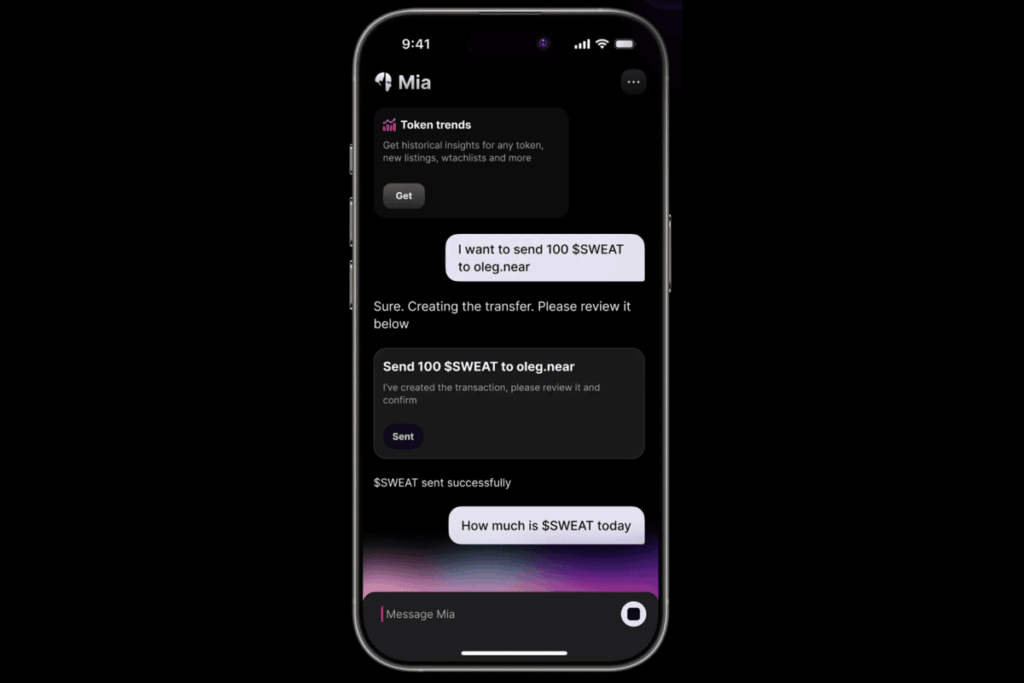- Circle has applied to the U.S. Office of the Comptroller of the Currency (OCC) to establish a national digital currency trust bank.
- If approved, Circle’s new bank would manage USDC reserves directly without needing third-party custodians like BNY Mellon.
- The move signals a shift in the stablecoin market toward greater regulatory compliance and institutional adoption.
Stablecoin issuer Circle, the firm behind USDC, has formally applied to the Office of the Comptroller of the Currency (OCC) to establish the National Digital Currency Bank. This will be the first federally regulated national trust bank focused on digital currency infrastructure and the first time a major stablecoin firm has taken this step.
If approved, Circle would oversee USDC reserves in-house, offer asset custody services to institutions, and fully align with the regulatory framework established by the Senate’s recent GENIUS Act. Being under OCC and potentially the Federal Reserve overseeing processes will give Circle institutional-grade credibility and position the company as a regulated infrastructure partner.
Enhance institutional adoption
The bank could also expand services like digital custody, tokenized asset issuance, treasury operations, and payments infrastructure, deepening its integration with TradFi. If successful, it will likely spur competitors such as Ripple, BitGo, Kraken, and even TradFi giants like JPMorgan and Bank of America to pursue similar bank charters.
Newsletter
Get weekly updates on the newest crypto stories, case studies and tips right in your mailbox.
But unlike traditional banks, the new bank wouldn’t accept deposits or make loans, it’s main purpose is to manage reserve assets, custody tokenized instruments like stocks, bonds, and treasuries. The aim is to integrate with the federal banking infrastructure. By internalizing its reserve management, which is currently done via custodians like BlackRock and BNY Mellon, Circle can reduce counterparty risk, improve operational efficiency, and raise transparency.
The trust bank application represents Circle’s transition from stablecoin issuer to federally regulated financial infrastructure provider. It can help bridge the long-anticipated gap between crypto and mainstream finance. Bringing in a new era where stablecoins function alongside regular banking and payment systems.










